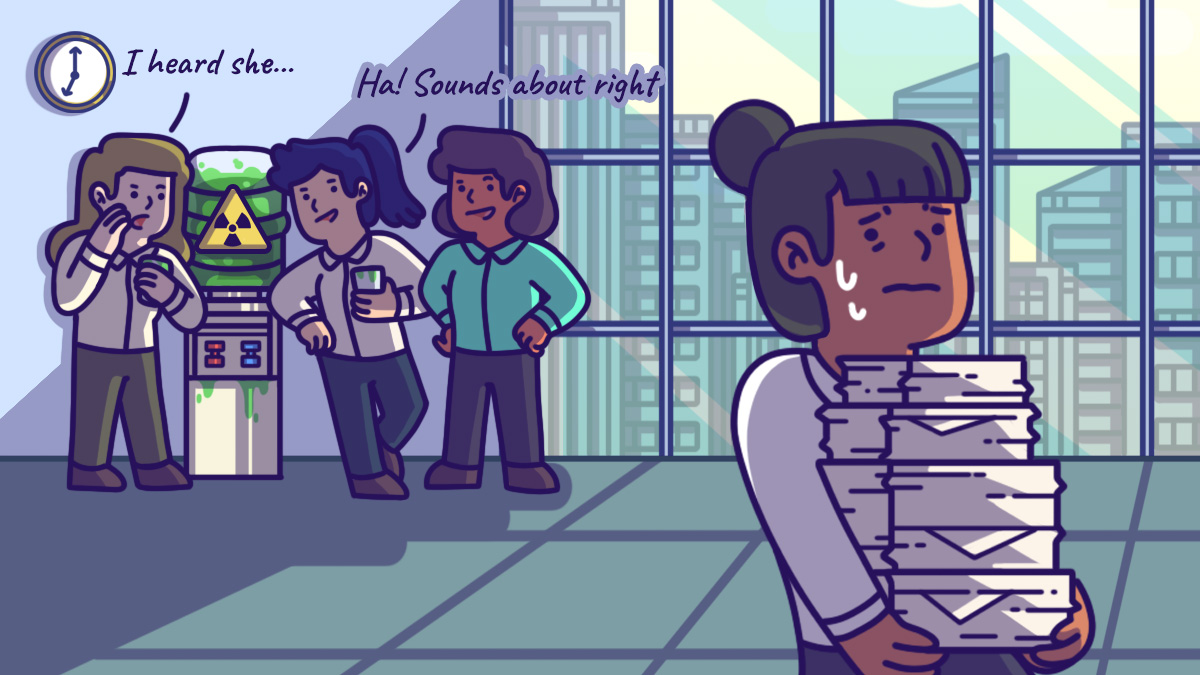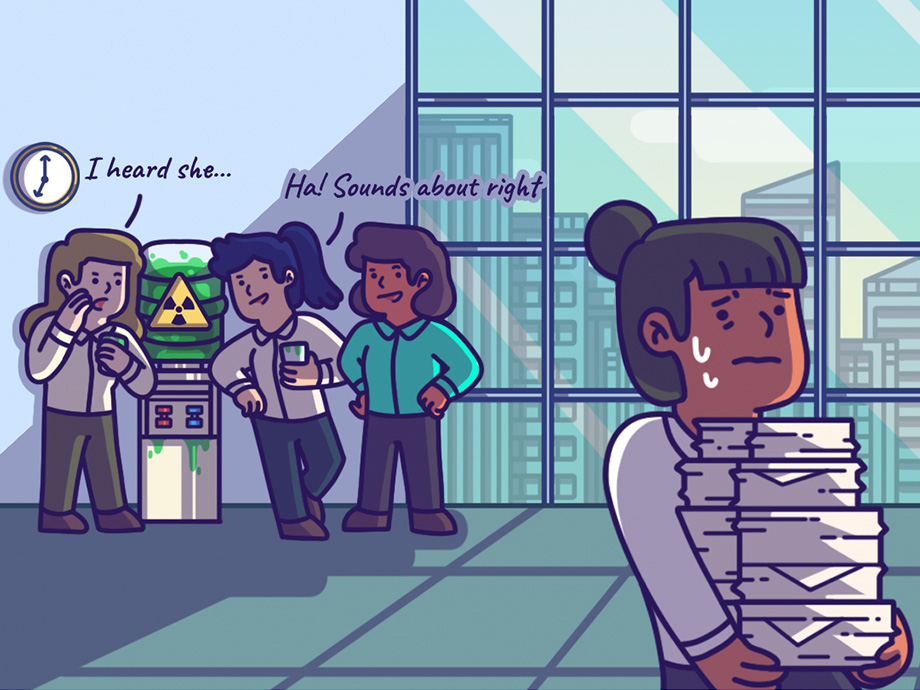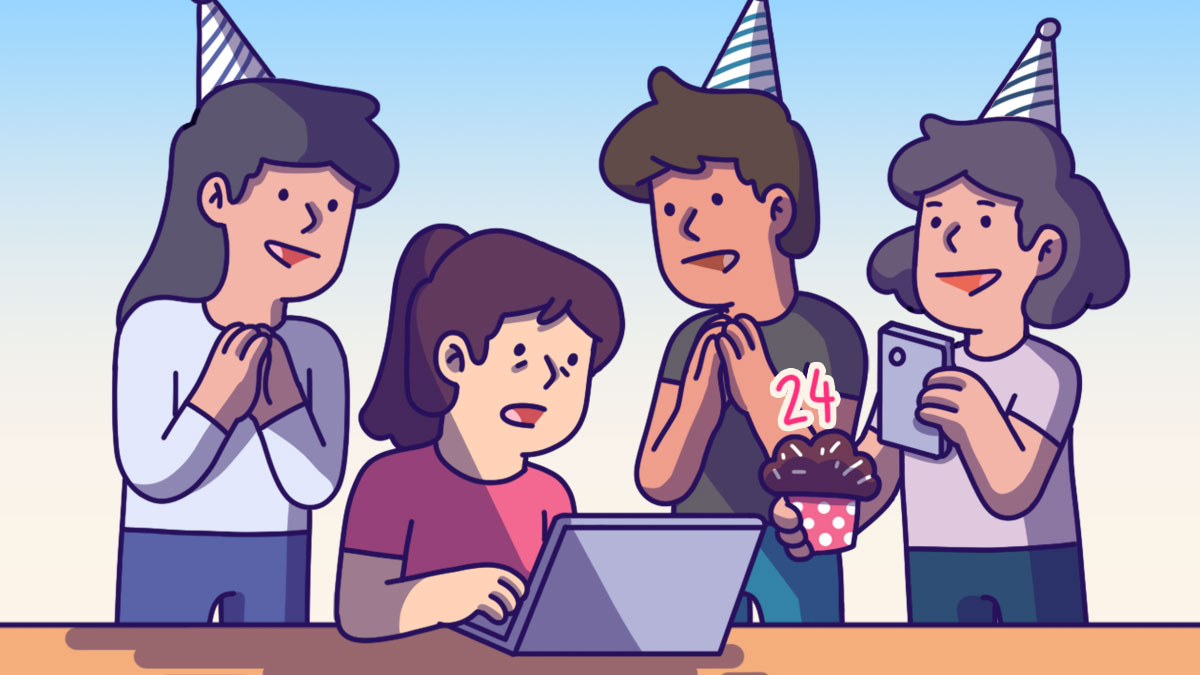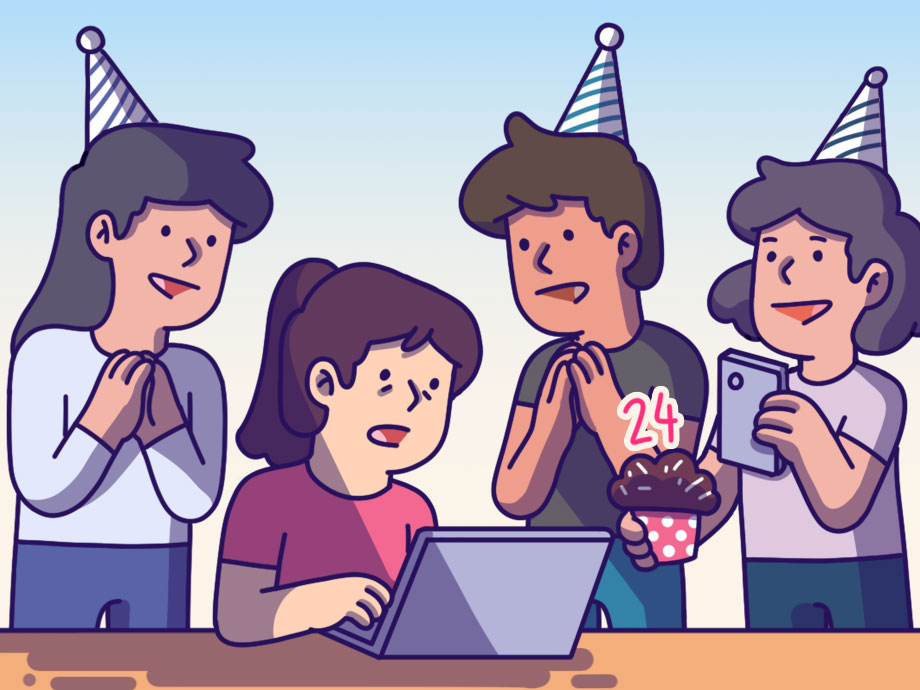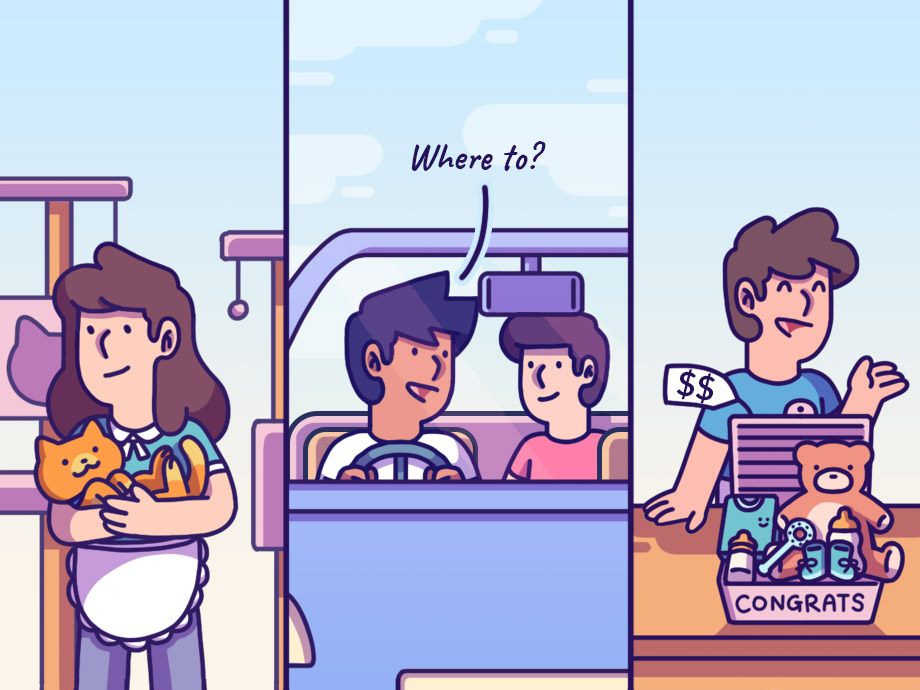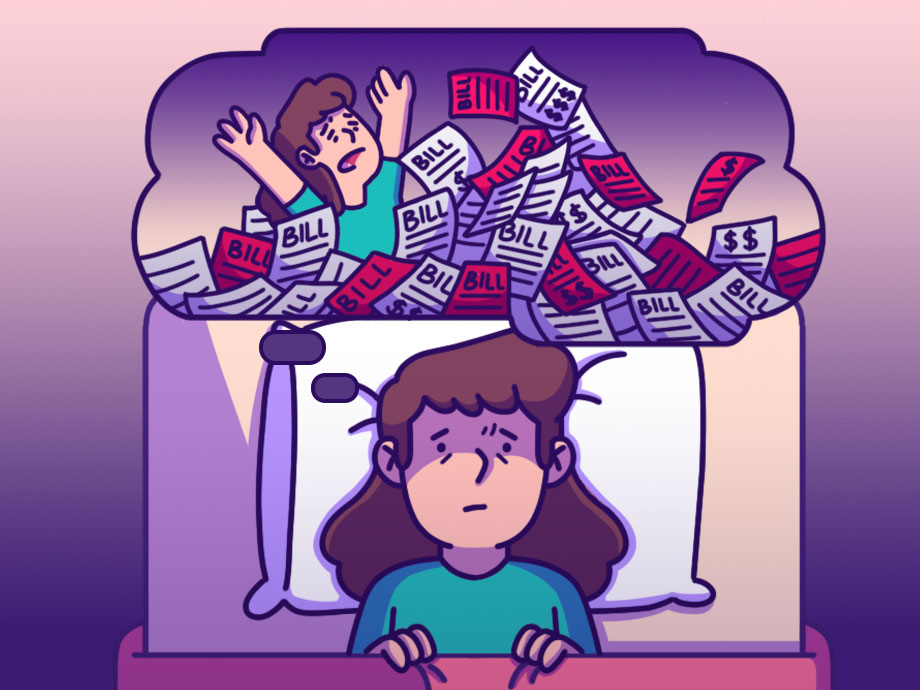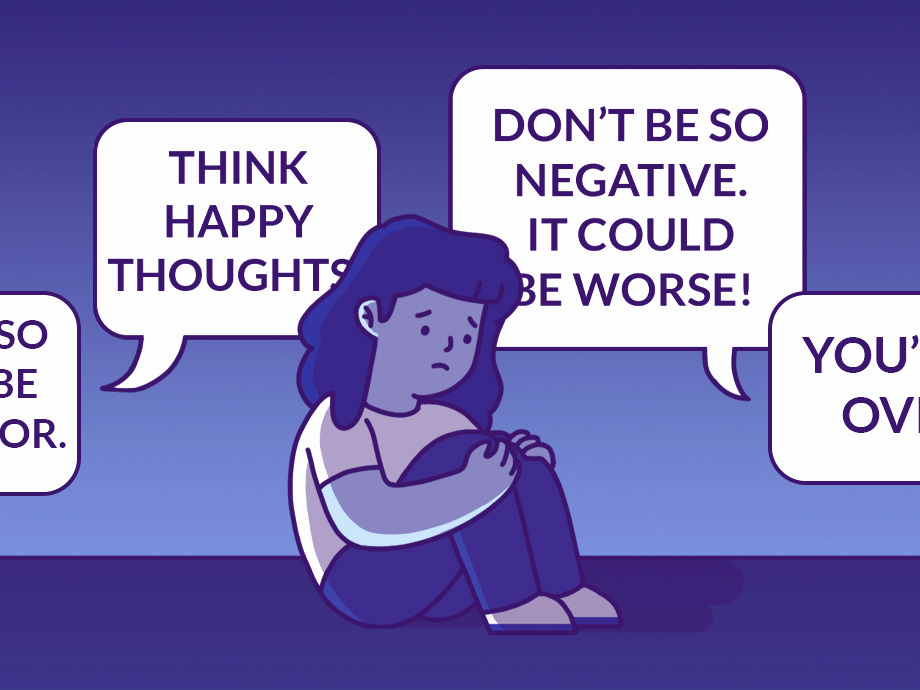Career & Education | Life | Personal Stories | Article
The Cost of Being Overworked
by Ooi May Sim | 4 May 2023
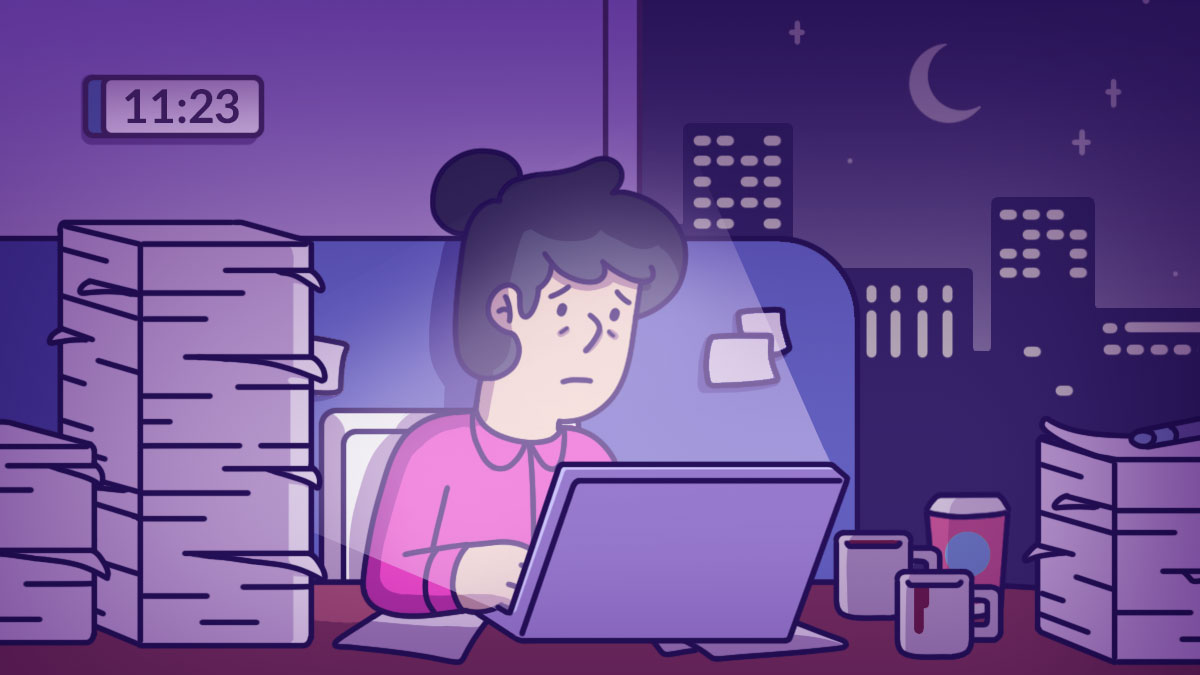
Ask someone how they are feeling today, and chances are that at least half of them will tell you that they are “tired”.
Many Malaysians are working overtime or taking side gigs to earn more money or make ends meet. This has resulted in many suffering from a host of health issues that stem from overwork and stress, racking up hefty medical bills.
Alarming studies show that people who work more than 54 hours a week are at major risk of dying from overwork. And it is estimated that this is killing three-quarters of a million people each year.
Overwork is prevalent in Malaysia
Last year, Kuala Lumpur (KL) was ranked the third most overworked city in the world in a study by American security solutions company, Kisi. And Malaysian Mental Health Association clinical psychologist Tamar Chang is not surprised that KL made it to the list.
“Cultural values shape societal and corporate expectations. For example, being ‘hardworking’ is seen as an important and praise-worthy value in Malaysia, so much so that it becomes an expectation in some companies.
“Employees are expected to give it their all, (which includes) being available and contactable at all hours (even in the middle of the night), staying at work later than the bosses, participate in out of office hours activities or work during public holidays,” she says.
Tamar adds that employees who desire work-life balance might sometimes be labelled as ‘lazy’ or ‘unambitious’.
There are also those who are putting in longer hours or are turning to side hustles to get more income. The downturn of the economy has caused inflation and expenses to skyrocket, says Tamar. She adds that for some employees, the income from their full-time job might not be sufficient to survive on or to maintain a certain quality of life.
“So, they turn to side hustles to supplement their income. This, however, adds to the amount of time people spend working,” she says.
Related
Hustling through life
For Eileen Phoan, her hustle mentality was borne out of necessity when she had to support herself through college. “I can’t pinpoint when everything started, but I remember having to support myself financially while I pursued my studies,” said the 33-year-old.
Back then, Eileen’s family was facing major financial issues, so she shouldered all her financial expenses on her own. To pay for expenses such as tuition fees, day to day spending and the purchase of books and study material, the mechanical engineering student began tutoring Form 5 students who were sitting for their SPM.
What started as one class soon grew to three, and Eileen, who had to juggle work and studies, began sleeping less and less. But that didn’t stop her from launching her own jewellery line after graduating from college.
“When I started my own business, there was a (greater) necessity to hustle even harder,” she shares. By then, the jeweller was only clocking in two hours of sleep each day and spent her waking hours sitting on a bench designing her crafts.
Plagued by sickness
“I kept falling sick. I had to visit the doctor every month for different kinds of problems such as gastric,” Eileen recalls.
She even had multiple cases of muscle spasms from sitting stationary for hours on end. Her muscle spasms were so bad that she wouldn’t be able to get out of bed without feeling nausea or migraine.
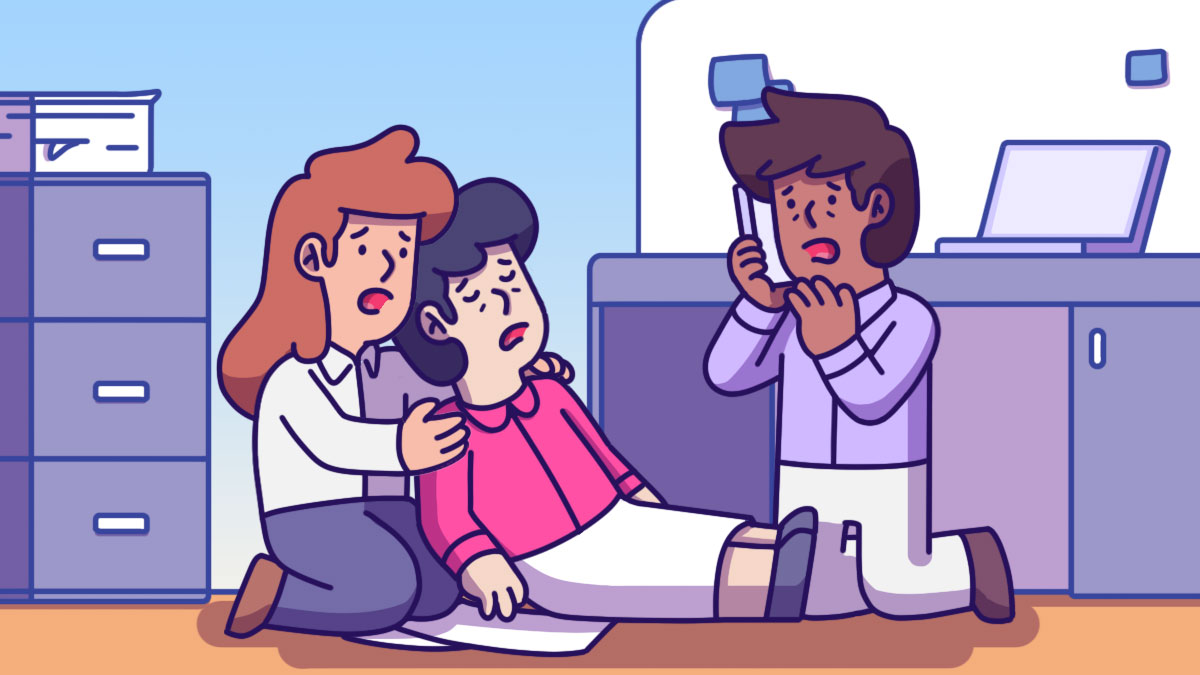
In 2019, Eileen’s body finally gave way and collapsed. “Out of nowhere, I just fainted after work. When I went to the hospital, the doctor said that I was having inflammation on my intestines which is caused by stress, and admitted me to the hospital,” she says.
But old habits die hard. So, Eileen picked herself up and continued working at the same pace. Then, the Covid-19 pandemic hit. With lockdowns in place, there was a lot of uncertainty, which affected business. And as both Eileen and her partner were running their jewellery company together, they had no safety net to fall back on. This added to the stress that led to her mental breakdown.
Eileen began to have multiple panic attacks and would often wake up at night in cold sweat. She also began feeling a sense of hopelessness and emptiness that couldn’t be filled even after she tried taking a break from work for a few days. This left her feeling more frustrated.
“I felt lost because I realised that my cup was empty. I was unable to contribute much to my business or generate enough ideas that were creative enough. It was also hard for me to pick myself up,” she says.
Making difficult changes
That was when she started recalibrating her life. Eileen started asking herself what her priorities were. She also began taking better care of herself and scheduled off days; something she had never done before.
“Previously, I had never thought of scheduling a day off. Now, I schedule an off day every week and treat the idea of rest as part of productivity and not down time,” she says.
Change took a long time, but the results are noticeable. Eileen feels better about herself now and has a more positive outlook on work. There have also been less visits to the doctor.
“Honestly, I daren’t think about what (would happen) if I had (continued at that pace). If being overworked is not treated, there may be heavy consequences. The body might collapse to the point where it is beyond repair,” shares Eileen.
Related
Regain control of your life
Before you burn out or face a breakdown, take a step back and do something about your situation before it affects your mental and physical wellbeing. Here are some tips on how you can balance work and play.
1. Uncover the root of your problem
Find out what is causing you to overwork. If it is a time management issue, organise your time better. Come up with a daily task list and be realistic about what can be done in a day.
2. Set healthy boundaries
It is important to not only clock-out physically, but mentally as well! Turn off work notifications, leave work at the front door of your house and focus on unwinding after office hours.
3. Remember to prioritise self-care
A big part of self-care is getting enough sleep and sufficient exercise and eating nutritious food. It is also crucial to decompress at least once or twice every week. This means going for a walk, attending a hobby class, catching up with friends, spending time with family, etc. Do things that are meaningful and fulfilling to you.
4. Manage expectations at work
If corporate culture or workload issues are contributing to you being overworked, discuss expectations with your boss to find an arrangement that is sustainable and that works for everyone.
If that is not possible, perhaps it is time to relook your compatibility in this company.
5. Reach out to friends and family, or a qualified professional
Talk to your family and friends about your situation. They may be able to help you find a solution to your problem. And if they are unable to help you, reach out to a professional.





